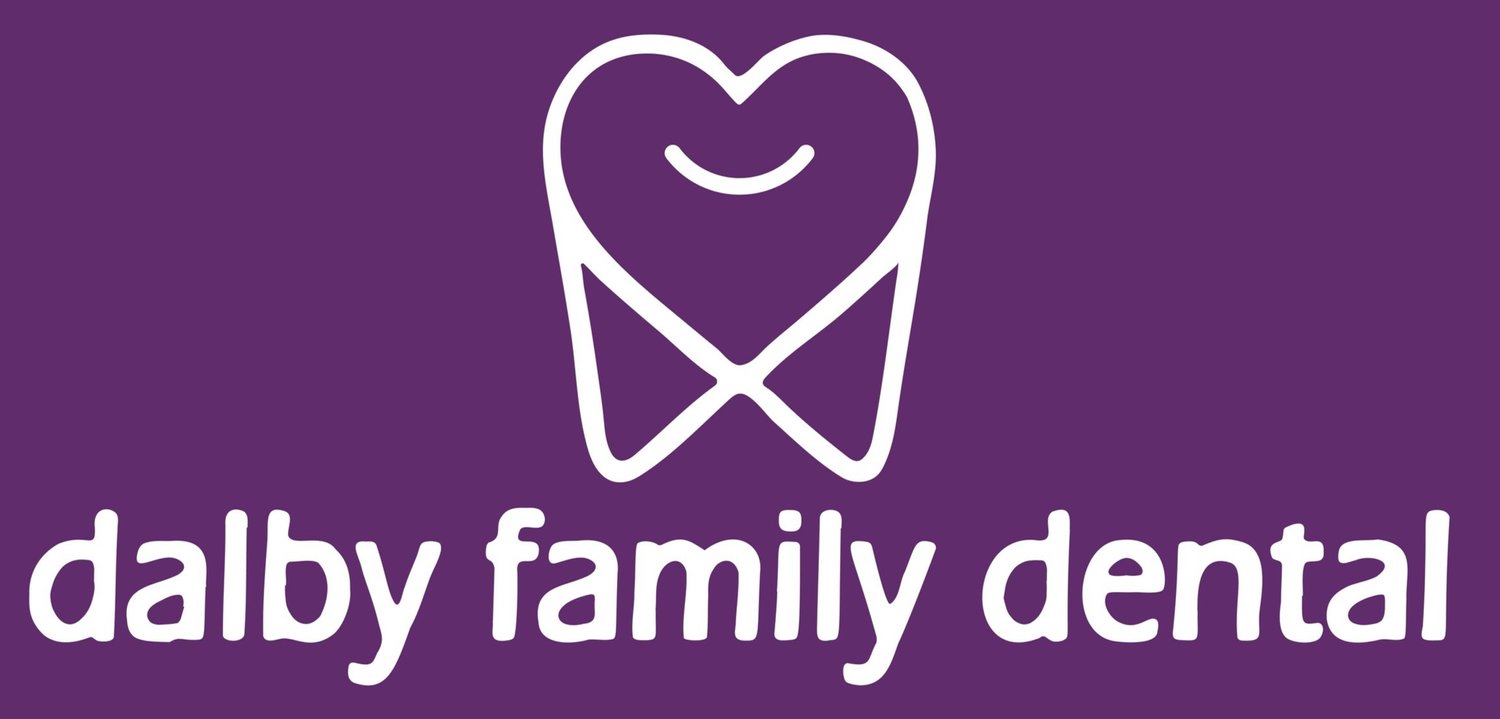General Extractions
When a tooth is removed, it’s called an extraction. If your tooth needs to be removed, your dentist will have thoroughly examined the tooth, and can provide an explanation as to why the tooth can’t be retained. An x-ray will be taken to help plan the best way to remove the tooth and to see if an abscess is present.
When you lose a permanent tooth, you can experience problems with appearance, biting, chewing and food packing. Alternate treatments will be offered when suitable.
Wisdom Teeth
Our mouth often doesn’t have the space to accommodate wisdom teeth and have the potential to cause infection, crowding, and even decay. Having them removed may save you from pain and/or further oral complications. However, not all patients need their wisdom tooth removed.
Problems that can occur in wisdom teeth that:
Remain completely under the gums: Wisdom teeth can become trapped (impacted) within your jaw. Sometimes they can develop infections or cysts which can damage other teeth.
Emerge partially above the gums: These can create a passageway that can become a magnet for bacteria that can cause gum disease and infection.
Home Care After An Extraction
The formation of a blood clot is essential for the mouth to heal following an extraction. The clot is very fragile and it is very important that you know how to care for it in order to promote healing.
Keep biting down firmly on the gauze pack for at least 45 minutes after leaving the surgery. Take care not to swallow or inhale the pack while the mouth is still numb. Do not eat or drink while the pack is in place and limit talking.
Rest is recommended. If lying down, elevate your head with 3-4 pillows as lying flat may cause new bleeding and increase pain and swelling. Cover pillows with a towel in case wound oozes.
Take care not to bite your lip, tongue or cheek while your mouth is still numb.
A moderate amount of blood-stained saliva is normal and may persist for 24 hours. If you need to replace the pack, continue to bite firmly on it for a further 30 minutes. If bleeding still persists, SIT UP and place a cold pack wrapped in cloth on the face for 30 minutes.
Do NOT rinse your mouth for 24 hours. After 24 hours, rinse your mouth gently with warm, salty water (1/2 teaspoon of salt in a glass of water) after meals. Commence gentle tooth brushing avoiding the wound area.
Do NOT eat HOT foods or drink HOT liquids for 24 hours.
DO NOT smoke, drink alcohol or perform strenuous physical activity (sport, exercise, mowing) for 24 hours. Avoid smoking for as long as possible as smoking slows down healing.
Do drink cool fluids and stay hydrated.
Do continue to eat a regular diet of soft, nutritious food (eg yoghurt, scrambled egg, blended vegetables, cool soup). Avoid spicy food. Do not allow food to be pushed into the wound area.
Do take prescribed medication as directed.
For pain, unless otherwise directed, take usual pain relief medication. Do NOT take aspirin containing medications for pain relief as they may cause excessive bleeding.
Swelling is a normal part of healing and may take 4-7 days to disappear. It is often worse 48 hours after the extraction and may be accompanied by stiffness of the jaw and bruising.
Call the surgery if you have heavy bleeding, severe pain, continued swelling after 2-3 days or a reaction to medication.
If you think you need an extraction or have any questions about caring for your wound following an extraction, please call our friendly team on (07) 4662 2347.
